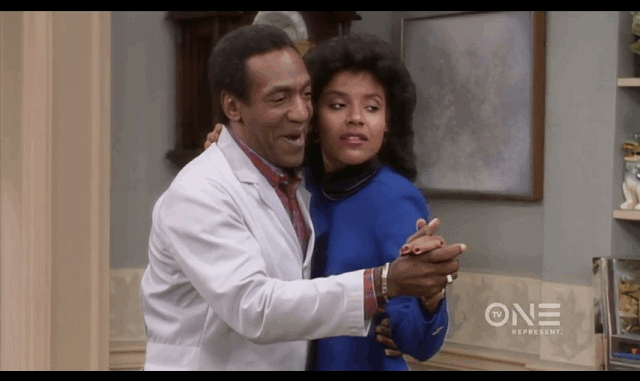
For years, The Cosby Show was praised as a landmark of American television—a cultural reset that showcased Black excellence and redefined the family sitcom. But as the decades pass and society reevaluates the ethics of celebrity, power, and representation, the question arises: Was The Cosby Show as progressive as we once believed, or was it part of a carefully crafted illusion?
A Landmark That Reinforced Respectability Politics?
At its height, The Cosby Show was seen as a breakthrough. The Huxtables were affluent, educated, and morally upright—a direct counter to the negative stereotypes often associated with Black families on screen. Yet this portrayal, while inspiring to many, also played into what some critics now call respectability politics: the idea that marginalized groups must conform to dominant cultural norms to gain acceptance.
By showcasing a nearly flawless Black family that avoided the messy realities of systemic racism, poverty, or urban struggles, did the show quietly imply that the only “acceptable” Black identity was one that mirrored white, middle-class values?
The Problem of Erasure and the “Model Minority” Trap
In its effort to normalize Black success, The Cosby Show often ignored the harsh social and political conditions facing Black communities during the Reagan era—mass incarceration, the crack epidemic, and police violence. These realities rarely, if ever, entered the Huxtables’ world.
While the show provided representation, some argue it did so at the cost of authenticity. Instead of amplifying diverse Black experiences, it presented a singular, idealized version—leaving little room for alternative narratives. In doing so, did The Cosby Show unintentionally contribute to the pressure on Black Americans to “perform perfection” in order to be seen as worthy?
The Cosby Factor: Can Art Be Separated from Its Creator?
Bill Cosby, once revered as “America’s Dad,” has now become one of the most disgraced figures in entertainment history. Over 60 women have come forward with allegations of sexual assault. Though convicted in 2018, Cosby was released in 2021 after his conviction was overturned on a legal technicality.
This has left fans and scholars with an uncomfortable dilemma: Can we still celebrate the show’s cultural impact while its creator remains a symbol of betrayal and abuse? And further: Were the values promoted on the show—respect, trust, accountability—genuine, or part of an elaborate performance crafted to conceal Cosby’s private actions?
Rethinking Representation in the Modern Era
Today’s audiences demand more than visibility—they demand truth, diversity of voices, and accountability. Shows like Insecure, Atlanta, Abbott Elementary, and Queen Sugar offer a more layered, realistic depiction of Black life, with creators who often center the community rather than the individual brand.
Compared to these shows, The Cosby Show can now seem sanitized, even naïve. Its cultural value is undeniable—but so are its limitations.
Final Thoughts: Legacy or Illusion?
The Cosby Show gave America an image of a successful Black family at a time when that was rarely seen. It opened doors for other creators, shaped public perception, and provided comfort and pride for millions. But its legacy is no longer unassailable. It is, like so many things in media, both powerful and problematic.
To understand its full impact, we must view it not as a flawless gem of television history—but as a mirror reflecting the aspirations, tensions, and contradictions of its time. Only then can we move forward with a more honest understanding of what representation truly means.